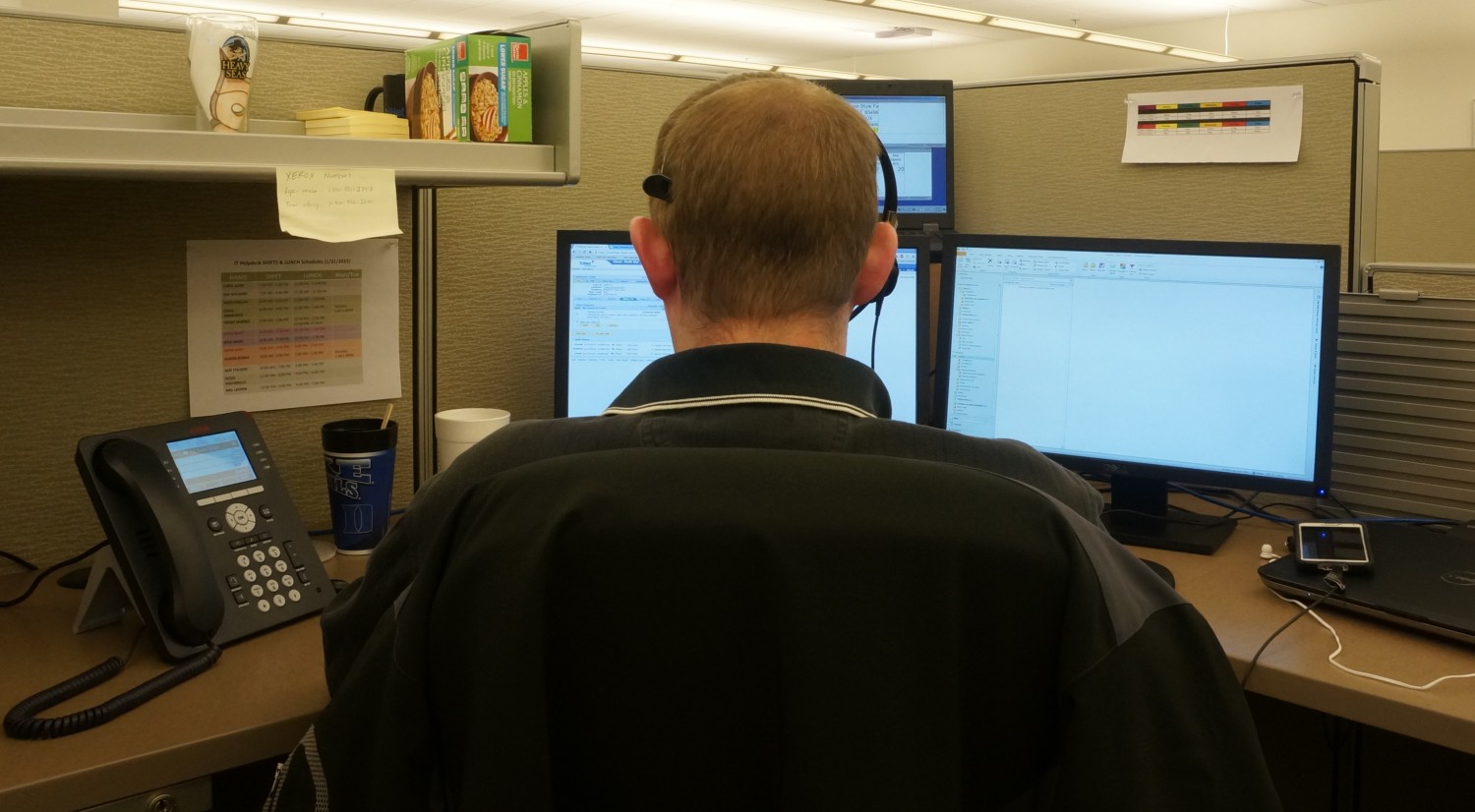aNewDomain.net — Andreas Antonopoulos, chief security officer of Blockchain.info, told media outlets on Febuary 11 that several Bitcoin exchanges around the globe came under a “massive and concerted attack.” These distributed denial-of-service attacks (DDos) basically overload or shutdown their intended targets’ servers. The fallout here is sure to be massive. But, as investors in the first cryptocurrency are quick to point out, old guard financial alarmists are largely missing the point.
Backing up, the DDoS cyber assault targeted the nascent currency technology’s transaction malleability problem. Antonopoulos explained that:
… As transactions are being created, malformed [or] parallel transactions are also being created so as to create a fog of confusion over the entire network, which then affects almost every single implementation out there.”
The DDoS attack came in the wake of serious technical problems at leading Bitcoin exchange Mt. Gox.
Even worse for investors and technologists? Mt. Gox and the February 11 DDoS attacks fiat money-controlling corporate and cartel interests.
For instance, firms like JP Morgan are using the emergence of these problems to bolster their loud calls for Bitcoin to be regulated. Bruce Fenton, a 20-year veteran of Wall Street who is the founder of Atlantis Financial and a Bitcoin Financial Association member says the traditional financial system has:
… seen firsthand the [harm] regulation can cause. Some of the people who spoke at the hearings in New York, they’re well-meaning people, they say things like,‘We need regulation,’ but I don’t think they understand what they’re asking for … What innovations have we seen in the banking or financial sector in the last 30 years? Almost nothing. Nobody ever decides to start a bank out of their garage, there is no Google, PayPal, or YouTube-like innovation that’s come out of banking or finance, because it’s so scary to people they don’t even bother to try to begin with.”
Marc Andreessen, founder of Netscape and a major investor in Bitcoin-related companies via his VC firm Andreessen Horowitz, has this to add:
One can hardly accuse Bitcoin of being an uncovered topic, yet the gulf between what the press and many regular people believe Bitcoin is, and what a growing critical mass of technologists believe Bitcoin is, remains enormous … Bitcoin at its most fundamental level is a breakthrough in computer science — one that builds on 20 years of research into cryptographic currency, and 40 years of research in cryptography, by thousands of researchers around the world … the claim made by some critics that Bitcoin is a haven for bad behavior, for criminals and terrorists to transfer money anonymously with impunity, [is] a myth, fostered mostly by sensationalistic press coverage and an incomplete understanding of the technology. Much like email, which is quite traceable, Bitcoin is pseudonymous, not anonymous.”
Andreessen compares the emergence of Bitcoin to the first commercially-available personal computers in 1975 and the advent of the Internet in 1993. Andreessen writes:
Political idealists project visions of liberation and revolution onto it … establishment elites heap contempt and scorn on it. On the other hand, technologists (nerds) are transfixed by it. They see within it enormous potential and spend their nights and weekends tinkering with it. Eventually mainstream products, companies, and industries emerge to commercialize it; its effects become profound; and later, many people wonder why its powerful promise wasn’t more obvious from the start.”
What do we really need with respect to this powerfully-promising nascent technology?
Having The Watchmaker and his Regulators control every transaction is overkill, it seems. We just need interested technologists, entrepreneurs, investors and citizens of the world who are fed up with fiat money to use individual imagination and motivation to handle and solve any cyber security or broken-contacts problems.
Thoughts from the floor? For aNewDomain.net, I’m Brant David.
Cover image: Wikimedia Commons
Based in New Jersey, Brant David is a senior writer for aNewDomain.net. Follow him at +Brant David on Google+ and Brant@aNewDomain.net.














I’m still not “sold” on bitcoin just yet.
-RAP, II
Good review still a lot of darknet criminal usage issues
Let the world move forward. Let Bitcoin be a part of it.